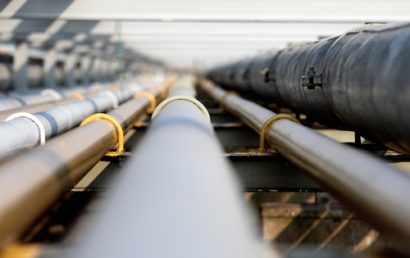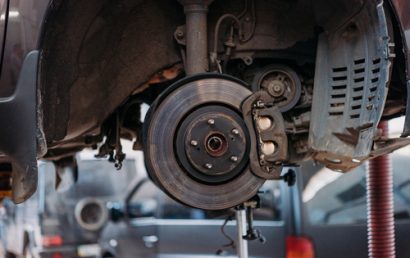Are Your Filing Machines Ready to Handle Corrosive Products?
The default construction material for packaging machinery in general, but more specifically for most filing machines, is commonly stainless steel. It is reliable, sturdy material that is not impacted negatively by most atmospheres and products. When products such as bleaches, acids, and other various liquids that can eat away metals such as steel are included in projects, however, to prolong the life of such equipment, alternative materials must be used. It is also essential to prevent undue packaging line wear and tear.
Packaging Equipment and Filing Machines
Capping or rinsing machines, and other packaging equipment, are different from filing machines in a number of ways. One significant difference is that, more than other packing machines, the filing machine has more interaction with the product. Through a pathway and into a bottle (container), the liquid filler must transfer the product. Caused by the product being packaged, filing equipment is particularly vulnerable to wear-and-tear for this reason. HDPE (high-density propylene) is used in the manufacture of filing machines for bleach, acid, and other corrosive products to avoid damage from operational contact and accidental spills, drips, etc.
Much like other filing machines, corrosive resistant filing machines can be manufactured for various production levels. Just like stainless steel fillers, these corrosion resistant, fully automated machines include identical options and features. The difference is the plastic material used to build them.
Additional Packaging Equipment
Though our focus here was on filing machines, the list of other parts involved in automatic packaging is considerable. To add protection against premature wear and packaging line break down, power conveyors are used, as an example. These help to protect against drips and spills by (frequently) running the entire length of the packaging system. Stainless steel is still used on any number of packaging equipment dealing with products which are considered corrosive because interaction between the product and the equipment is negligible. Custom solutions can be provided, however, for environments/products considered excessively harsh.
Who Uses Filing Machines?
Any time you have a container that has a product inside, a filing machine has likely been used to put that product in the container. There are industrial filing machines that deal with highly corrosive liquids, food filing machines, healthcare product liquid filing machines, cosmetic liquid filing equipment, and more.
For beverage/food (high viscosity liquids like wine, oil, syrup, etc.), pharmaceutical, cosmetic, and other industries where liquids must be transferred to the insides of a selection of containers, liquid filing equipment (or liquid fillers) are essential. Particularly in the case of bulk packaging applications, just imagine the waste due to spillage if precise liquid filing equipment were not used! The speed and ease with which numerous containers can be filled adds to the allure of filing equipment in any number of industries.
Depending on their degree of automatic functioning, the number of heads needed to fill a specific number of specific containers or bottles at one time (eight, six, four, twin head, etc.), and the total number of containers to be filled, liquid filing equipment come in various forms. Specific filing equipment are capable of possessing different features.
Trust A&A Coatings for your Filing Machines
For virtually every industry under the sun, A&A Coatings has been providing protective coating solutions for over 70 years. If your industry makes use of filing equipment, you can entrust their protection to us. No matter what liquid is used in your machine, we have a protective coating that can ensure longer operation of your machine by guarding its components.
Improve your bottom line through the use of our thermal spray techniques and materials. Contact us today for more information.



